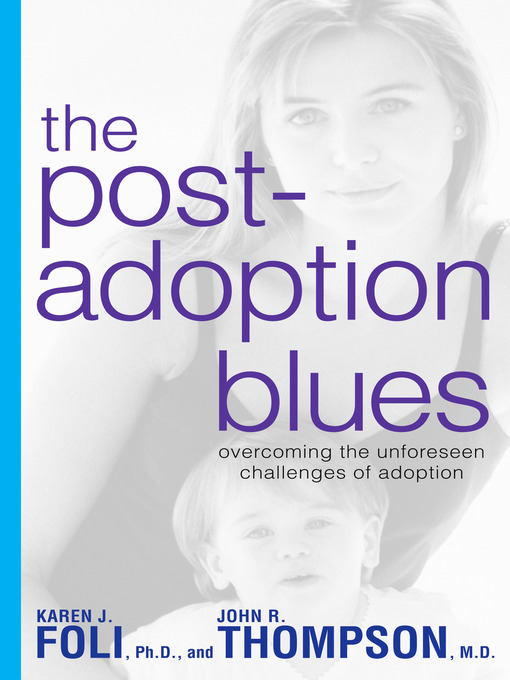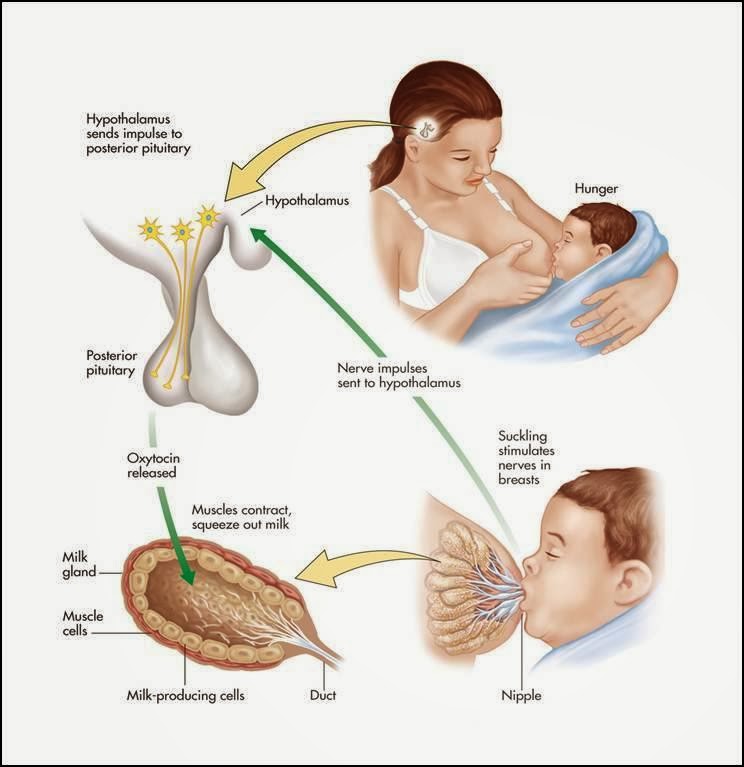How to tell child about adoption
When to Tell Your Child About Adoption
For some parents, telling their child that he is adopted is a formidable, anxiety-provoking task, and thus they put it off or avoid it. However, at some point adopted youngsters need to be told about their origins, ideally even before middle childhood.
Introducing the Information During Preschool Years
During their preschool years, children begin asking questions like "Where do babies come from?" That is a good time to begin introducing information about their special backgrounds.
What Should You Say?
- Make your explanation simple, direct, and honest.
- Explain that he was not born to you.
- Tell him that he was born to other parents who could not take care of him. Then describe why you chose to adopt a child.
- Talk about how much you and your spouse wanted him, and briefly explain the process you went through to get him.
Allow Your Child to Ask Questions
For example, he might want to know "What happened to my first mommy and daddy? Where are they?" You can share a little bit of that information with him, but there is no need to go into too much detail. Your comments should answer his questions in ways appropriate for his maturity level.
Ideas for the Future
At the time of the adoption you should have been given some basic information about your child's biological parents—from medical issues (a family history of heart disease, for example) to personal characteristics. (Was the father tall and athletic? Was the mother artistic?) Someday you will want to pass along all of this information to your youngster. One useful way to address all kinds of adoption questions is with a "life-book," a scrapbook of all of the information you have about his past. This can be very helpful to a child with a complicated past of multiple moves. This book can be "read" in more detail to the child as he matures.
If Your Child Is Already School Age...
If your child is already of school age and has not been told that he is adopted, you need to talk with him about it, as early during this time of life as possible.
Adoption should not be a secret.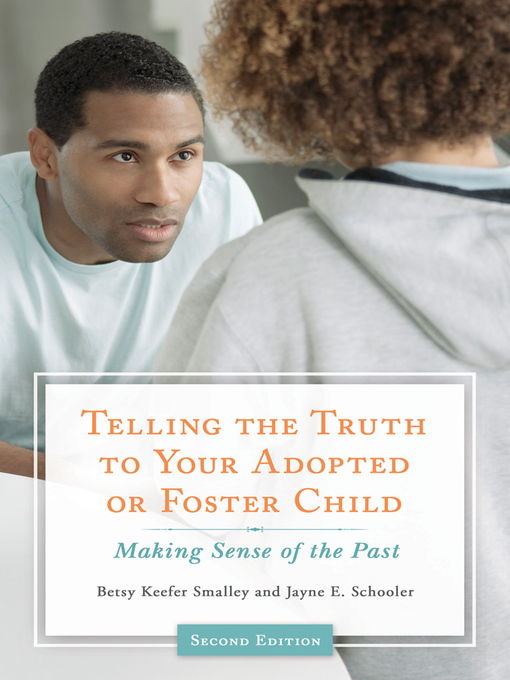 Every youngster needs to have an honest understanding of his origin. Adopted children who have not been told seem to sense that somehow they are different; this nagging intuition can influence their self-image. The longer you wait, the harder it will be to discuss it with your child.
Every youngster needs to have an honest understanding of his origin. Adopted children who have not been told seem to sense that somehow they are different; this nagging intuition can influence their self-image. The longer you wait, the harder it will be to discuss it with your child.
Also, he is liable to find out from someone else—perhaps by overhearing the conversations of relatives, or from teasing by neighborhood children who have learned from their own parents that he is adopted.
Your Child's Emotions
If you have waited until the middle years of childhood to tell your youngster that he is adopted, he may be upset, but that is a natural reaction. Allow him to express his feelings. Talk about why he is sad or angry, and let him know that you acknowledge and understand those feelings. Remind him that you and your spouse love him, that this is his family and always will be.
Your Own Emotions
Often parents who are reluctant to tell their youngster about the adoption may have difficulties of their own in accepting that their son or daughter is not their biological child.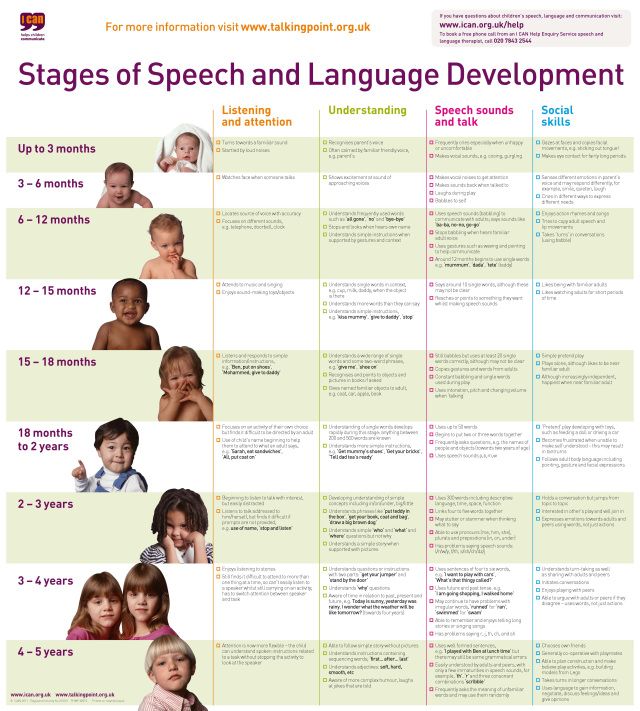 Sometimes they might feel ashamed or inadequate because they could not have children of their own, and they avoid explaining the adoption to their youngster so that they will not have to revisit that issue.
Sometimes they might feel ashamed or inadequate because they could not have children of their own, and they avoid explaining the adoption to their youngster so that they will not have to revisit that issue.
Sometimes parents are hesitant to talk about the adoption because they are trying to be protective of their child's feelings, sensing that he might be hurt at finding out he was adopted. They might also be afraid of being rejected by their adopted youngster. They might think, "What if my son says, 'I don't want to live with you anymore; I want to go live with my real mommy'?" That, however, is an uncommon reaction, and not one that children are really serious about pursuing.
Keep in mind that it is important for the child to know about his adoption by the time he enters school. Your honest communication about this important issue early on can strengthen the relationship you have with him, building a strong bond of trust. So if you have any apprehensions about telling your child, try getting beyond them.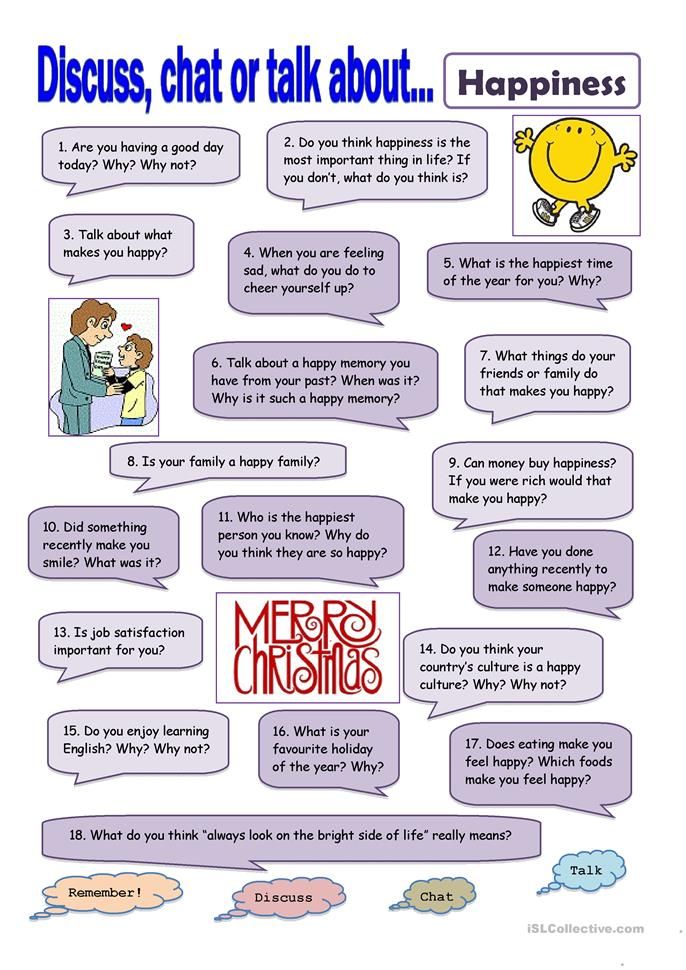
More Questions
After you've told your child, he will have more questions about it in the days, weeks, and years ahead. His questions are normal and do not reflect a lack of affection toward you. The more your child talks about it with you, the more comfortable he will feel with the idea, and the stronger his relationship will become with you.
Your answers to these questions should be direct but still sensitive to the emotional maturity level of your youngster, and what he has already learned and understands about the adoption. Do not dismiss these questions and concerns, but do not overreact to them either. Acknowledge the fact that his family situation is different from that of many or most of his friends. At the same time, do not magnify the significance of his special circumstances, nor dwell upon them. Your child's basic needs are the same, regardless of whether he is living with biological or adoptive parents, and most aspects of his life will be the same as those of his peers.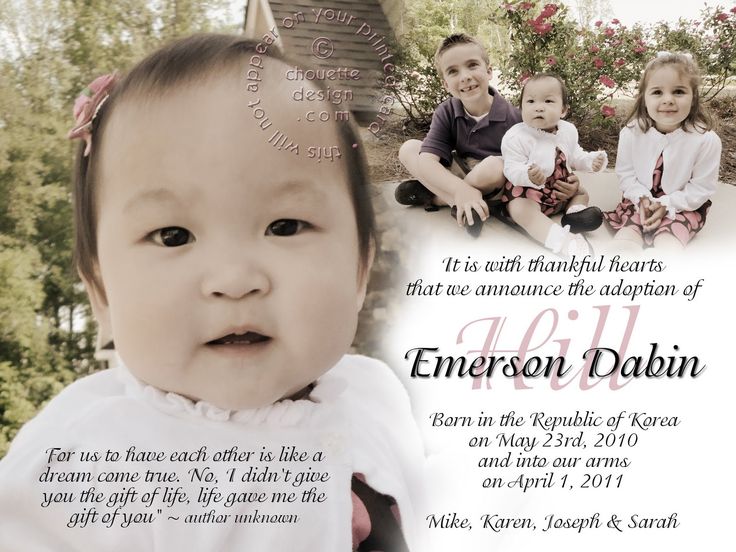
Normal Stages Adopted Children Pass Through
There are some normal stages through which your adopted child is likely to pass:
- During the ages of five to seven years, for example, he may understand that he has "two mothers" and "two fathers," but the social customs and the full meaning of adoption are probably still a bit unclear. He is likely to ask questions about why his birth mother did not keep him. And he may have anxiety-generating thoughts like "Since my first mother left me, maybe my second one might too."
- When your adopted child is a little older—between the ages of seven to nine years old—he will develop a better understanding of being adopted. You can expect to be asked specific questions about his biological parents. In a sense, he will be trying to construct a more accurate "memory" of his original family, which of course is really just a fantasy about his first mother and father and how he came to be adopted.
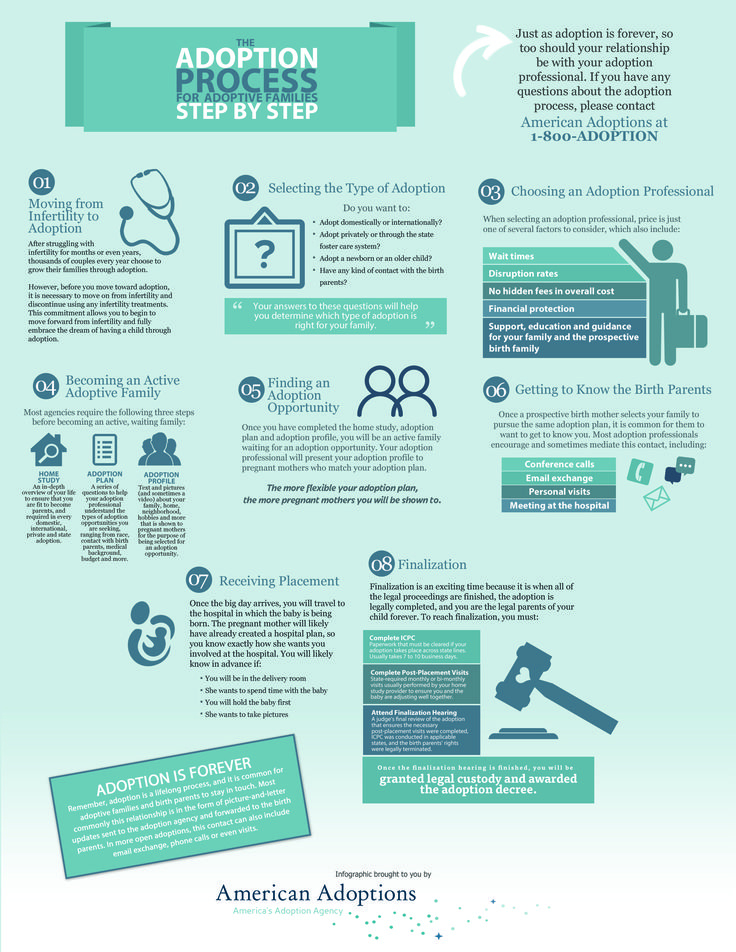
- Later in the middle years—during ages nine through twelve—all children, including those who are adopted, become increasingly concerned with their appearance and fitting in. Your adopted youngster may become more curious about and sensitive to differences in his own hair color or eye color if it differs from your own. He will also become even more interested in his biological parents, and what his original cultural origins may have been. Expect many more questions about both his biological and adoptive relatives, and his family tree.
The information contained on this Web site should not be used as a substitute for the medical care and advice of your pediatrician. There may be variations in treatment that your pediatrician may recommend based on individual facts and circumstances.
Talking with Your Child About Adoption
At some point, most children ask where they came from. When your adopted child poses this question, what will you say?
When your adopted child poses this question, what will you say?
Experts agree that telling your adopted child the truth is the best solution. But the question of how to tell your child they’re adopted can feel intimidating to parents.
One thing is clear — even if you’re not sure what to say, it’s better to bring up the topic early than to postpone it indefinitely. The sooner your child knows the truth, the better.
If your child is young enough, you can make their adoption something they’ve always known about themselves.
Early disclosure means that when your child asks questions about who they are, you’ll already have the topic of adoption woven seamlessly into the conversation. It will be as natural as the connection you have with them and an integral part of their understanding of themselves.
Children benefit from knowing the truth about significant identity factors, such as adoption.
Late discovery adoptees (LDAs) vouch very strongly for parental transparency on this subject.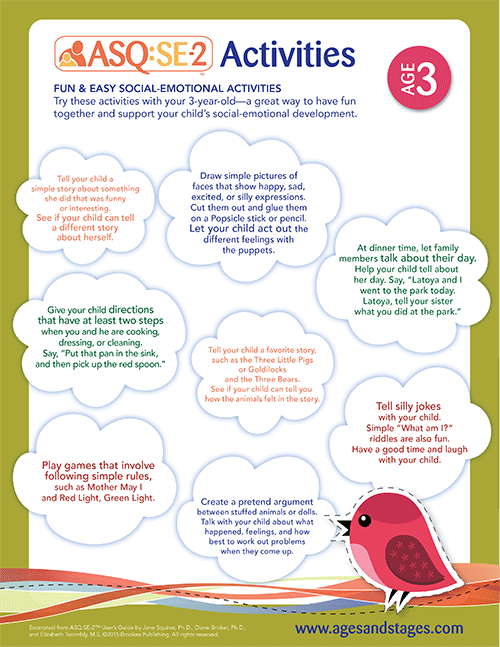 They cite distress and lower life satisfaction as some of the effects of not knowing the true identity of the adults who raised them and the existence of unknown biological parents.
They cite distress and lower life satisfaction as some of the effects of not knowing the true identity of the adults who raised them and the existence of unknown biological parents.
It’s not they were adopted that causes distress. Instead, LDAs experience emotional disruption because they were not told the truth about their identity.
Healthy attachment
When parents are honest with their child about adoption, they nurture trust, an important part of the parent-child bond known as attachment.
The American Psychological Association states that successful attachment creates a foundation for emotional, cognitive, and social development.
Talking with older kids
If you have an older child who doesn’t know they’re adopted, it’s still important to tell them the truth.
While you’re reminding them of their importance in your life, you can also explain that you weren’t sure when and how to tell them. It’s OK if parents don’t have all the answers if your conversation is sincere.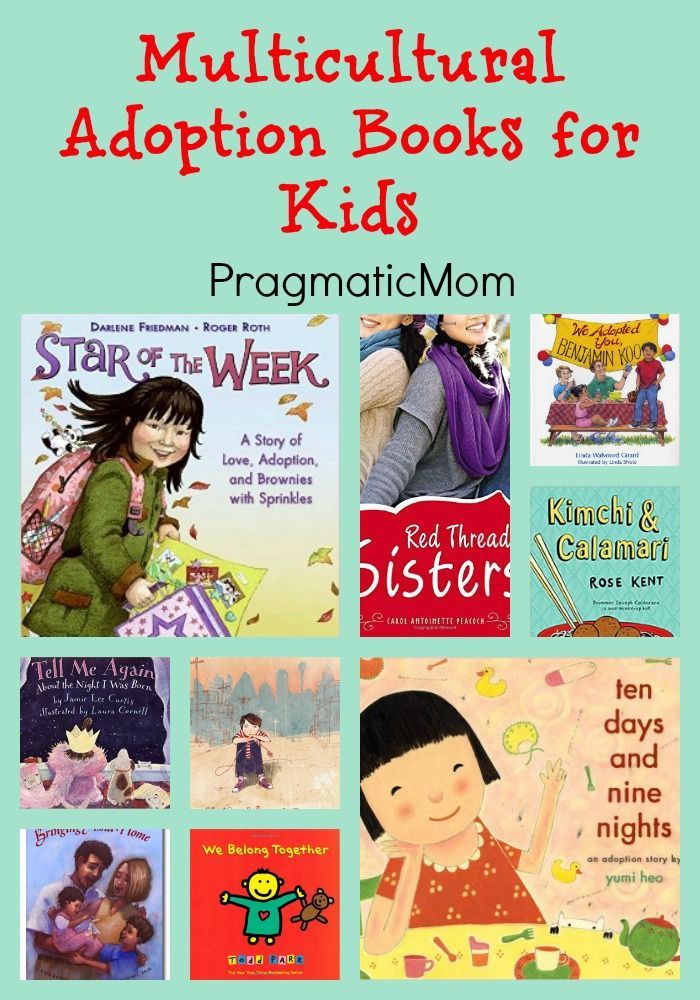
Benefits of being honest
Maintaining trust isn’t the only benefit of telling your child the truth about their adoption. Other ways this information benefits them include:
- providing the opportunity to access their family medical history
- protecting them from the shock of finding another way, such as accidental disclosure from a another relative or family friend
- offering them the chance to learn more about themselves, like whom they resemble or from whom did they inherit their hair color
- preventing the possibility of shame that may result from hiding their story
Most experts agree that the conversation about birth origin should begin sooner rather than later.
It’s recommended that you start with the very basics when your child is young. As they grow and ask questions, you can provide more detail.
Age-appropriate conversations
It’s OK if your child doesn’t understand what adoption means when you first tell them.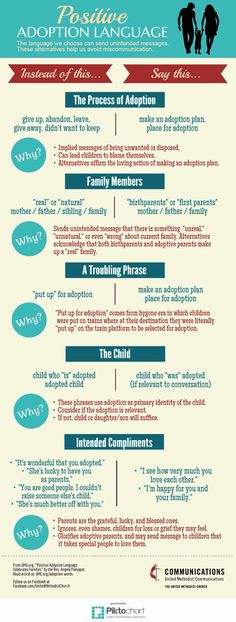 What matters is that when they are old enough to understand, they won’t feel unsettled by the added information.
What matters is that when they are old enough to understand, they won’t feel unsettled by the added information.
They’ll already know they’re adopted and feel secure that you haven’t kept important facts from them.
A mixed-method study from 2019 involving 254 adopted adults revealed higher life satisfaction for those whose parents told them they were adopted before 3 years of age.
Normalizing adoption with open communication
Study participants said they preferred open communication and they benefited from supportive relationships. They also described contact with their birth parents and other adoptees as beneficial coping methods.
Consider regularly including the topic of adoption into your conversations, from the moment you bring your child home. Tell them how lucky you feel to have adopted them.
Normalize adoption by talking about all the diverse types of families that exist.
There’s no one-size-fits-all script for your adoption dialogue. Each situation and every child are unique.
Each situation and every child are unique.
But there are various strategies to consider that could make your conversation easier:
- Be honest. Remember that trust comes from truth.
- Use age-appropriate explanations. If you’re not sure what to say, consider browsing websites and bookstores for ideas on how to discuss adoption with a child the age of yours.
- Welcome their questions. You may want to ask your child if they have questions. They probably do, but they might worry about hurting your feelings if they show too much interest in their birth parents.
- Remove blame. It’s essential that your child understand their adoption was the result of circumstance, and that it’s not their fault. Emphasize the positive by telling them adoption is a way to build a family rather than a solution to a crisis.
- Accept their feelings. Encourage them to share their feelings and try not to take any of it personally.
 They need to feel safe expressing a mix of emotions without worrying they could alienate you.
They need to feel safe expressing a mix of emotions without worrying they could alienate you. - Support their birth parents. It helps to take a supportive stance toward their birth parents. Your child might want a personal connection with their birth parents. Your goal is to foster acceptance and empathy.
- Continue the conversation. Include adoption in conversation regularly. It doesn’t have to be daily, just often enough to normalize it and remove any stigma.
Challenging conversations
Your child’s adoption story might be complicated or difficult to discuss with them. If your child asks about their birth parents, you might not know what to say right away — and that’s OK.
Having honest conversations with your kids can be important for your relationship and their peace of mind. People who are adopted often learn about their birth parents and origins eventually. Hearing their adoption story from a parent can strengthen your trust.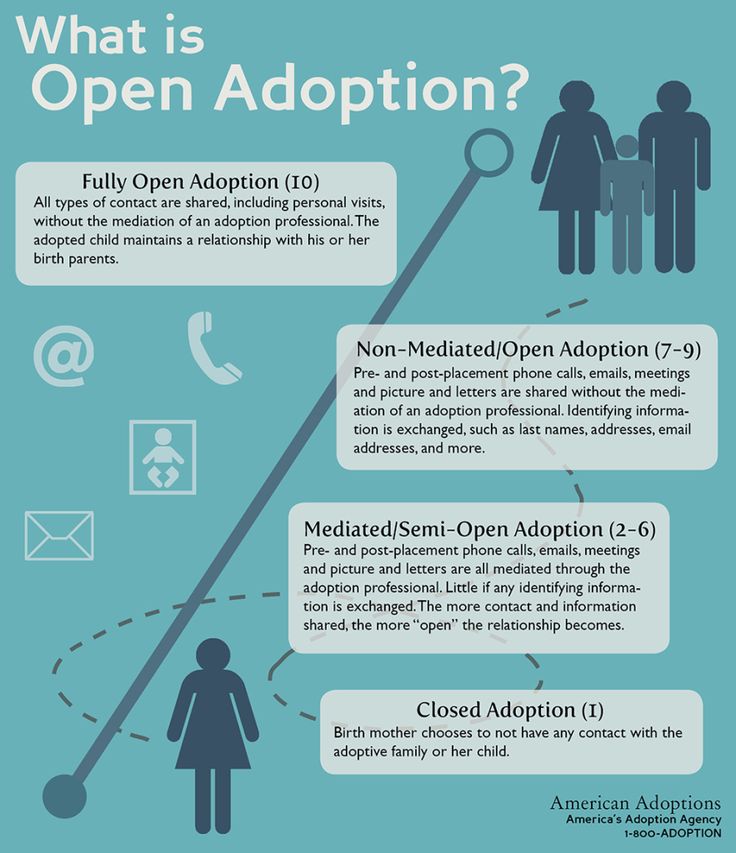
Keeping difficult information age-appropriate may ease stress for both you and your child. As your children grow up, you can revisit the conversation and explain more details.
For example, you might simply start by saying that your child’s birth parents weren’t well enough to take on the responsibilities of parenting.
Wherever you are in your adoption dialogue with your child, keep in mind that you’re not alone. It’s OK to reach out for support from the people in your life and to build new connections with other adoptive families.
Children are resilient when they have secure and trusting relationships with parents, adoptive or otherwise. Your love and support help them navigate life’s changes and challenges.
Adoption resources for kids and parents
Was this helpful?
Error 404 - Charitable Foundation "Road of Life"
Online on the siteSberbank-onlineSbeSMS-donationrPayTinkoff-mobileAlfa-BankBank transfer
Monthly
One-time
1 000 ₽
3 000 ₽
By filling out this form, you accept the terms of the offer.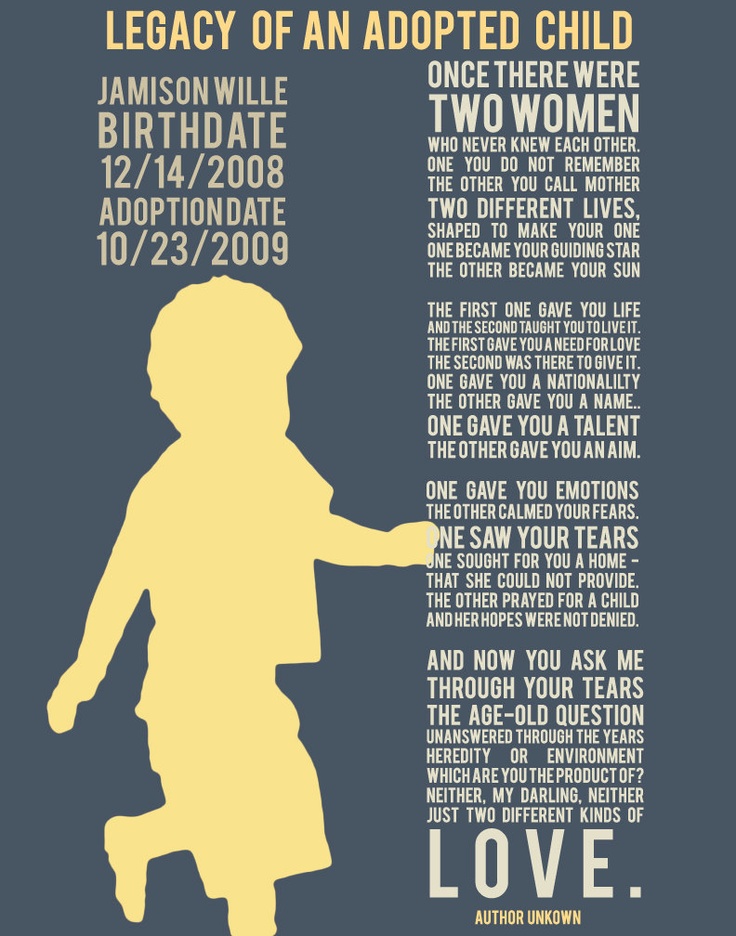
I give you permission to send me letters
Help
In Sberbank Online, select the Payments tab, then Other, and in the line that appears, enter the name Road of Life. Please note when translating.
Sorry, donations to charities cannot be made using the iOS mobile app. This is Apple's policy. But you can always make a transfer through the web version of Sberbank Online, any branch or ATM of Sberbank.
Send an SMS message with the text YOU NEED or MY PEOPLE (space) the donation amount to the short number 3434.
Instruction
In the mobile bank, select the Pay tab and enter "Road of Life" in the search bar
Instruction
- On the Payments tab, select Charity from the list
- Select the Road of Life fund (you can search by name or by TIN)
- Enter the amount and make a one-time payment
- Click on the AutoPay icon in the window that appears if you want to make a regular payment
Charitable foundation for helping orphans and children left without parental care, "Road of Life".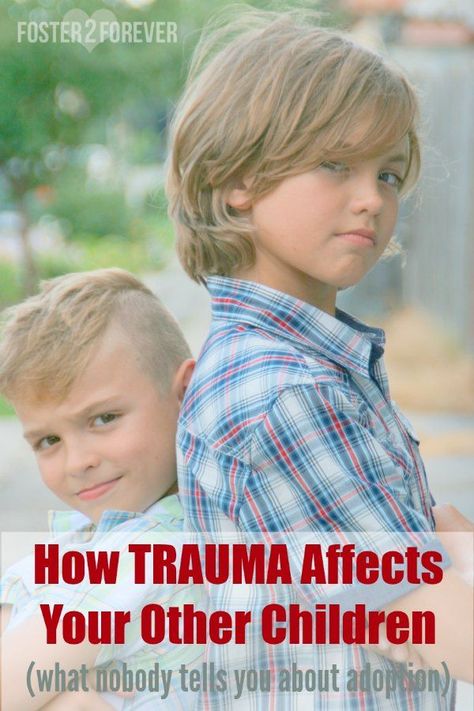
| TIN and KPP FUND | 9705081012 / 770501001 |
| PSRN | 1167700073530 |
| Settlement account | 40703.810.8.38000008445 |
| Bank | PJSC SBERBANK, MOSCOW |
| BIC | 044525225 |
| Corr. account | 30101810400000000225 |
| Executive Director | Kotelnikova Anna Sergeevna acts on the basis of charter |
How to explain to a child that he was adopted
We asked Elena Shainurova, an employee of the Center for Social and Psychological Assistance, to give professional advice and comments.
At what age to tell the child about his origin
Tell the child that he was adopted at the age of five to seven years, when children begin to ask hundreds of questions, including about the birth. This is the most important moment for adoptive parents when the child is open to hear the true story of his appearance in the family.
Perhaps the most unfortunate age for news of adoption is adolescence. Think back to yourself when you were 12 or 14 years old. The whole world seemed hostile, any remark caused an explosion of emotions, even the kindest words could cause bitterness. That is why it is necessary to inform the child about his origin as early as possible. So that he could get used to this idea, and adoption would be perceived by him as an ordinary fact from his life.
Sometimes children have to tell the same thing several times before they can fully understand and assimilate it, so do not be surprised or annoyed if you have to talk about adoption more than once.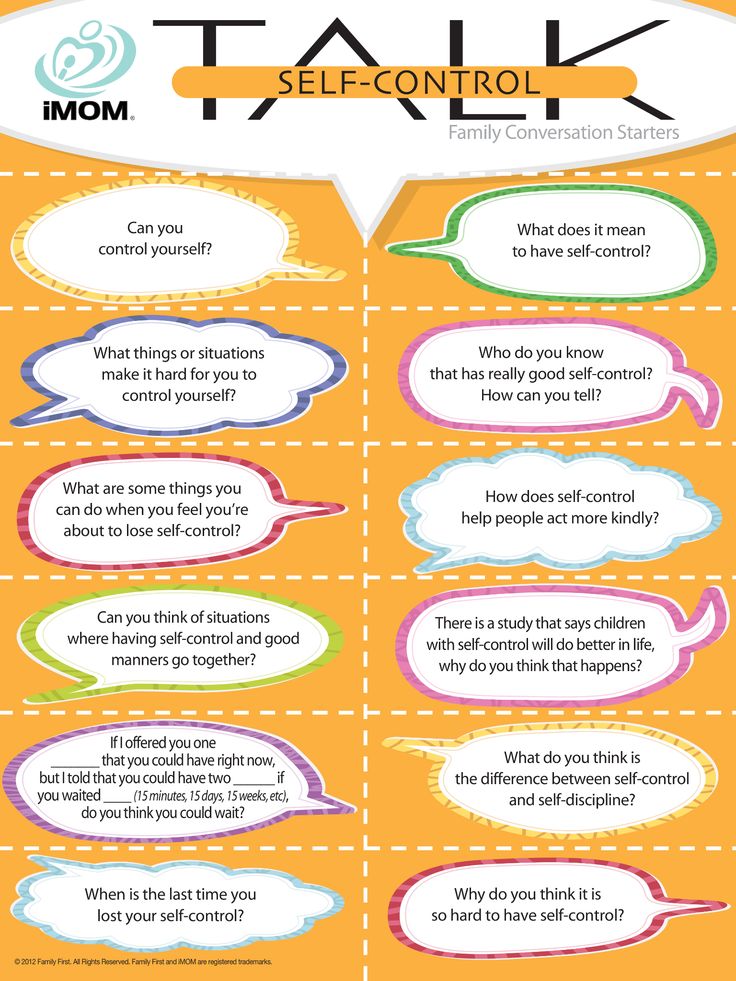
In addition, regardless of the age at which you want to tell your child this news, you need to choose a time when peace and tranquility reign in the family. There are no acute financial problems. No moving or other stresses expected.
How to prepare your child for talking
Support centers for foster families now exist in every city. Moreover, if you have already adopted a child, you cannot be unaware of them. Without certificates of completion of courses in this institution, it is impossible to complete the adoption procedure.
Elena Shainurova cooperates with the "Center for the Promotion of Family Placement and Support" and, based on her own experience, notes that there is no universal recipe for talking with a child. “My parents and I discussed several options. You can watch films where the story of adoption is traced, and then everything ends well. They also wrote fairy tales about how the child got into the family. Someone wrote life tales, where all the characters are people, but there were metaphorical tales, with fictional characters - bunnies and bears.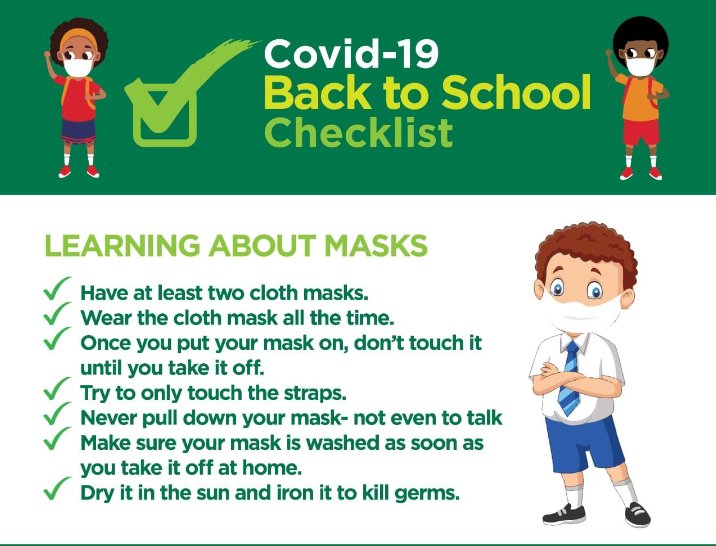 Surprisingly, men wrote more touching stories than women.” The value of fairy tales is that they allow you to easily start a conversation in a third person, when it is very difficult for parents to gather their thoughts and they do not know where to start. Therefore, stories and fairy tales are a great start to a very important conversation about adoption.
Surprisingly, men wrote more touching stories than women.” The value of fairy tales is that they allow you to easily start a conversation in a third person, when it is very difficult for parents to gather their thoughts and they do not know where to start. Therefore, stories and fairy tales are a great start to a very important conversation about adoption.
Do not try to speak in grandiloquent or scientific terms. You don't need statistics, and your analysis of global world problems. In front of you is a child. Talk to him in his language. The main thing is that the child should feel that in spite of everything, he is very loved.
What to tell about real parents
The question of the identity of real parents will certainly arise. Maybe not right away. Maybe in a few years. But get up. What were they? Why did they leave me? In the midst of family conflicts, the question can take on a more acute form: “What if real parents would be better?”. Before the child himself asks you about the biological parents, try to decide - how do you feel about them?
Do you feel pity or dislike? If the parents of your child are alive, then think - did they give up a good life from their own child? Most likely, they did not have money, or maybe they were addicted to alcohol or drugs.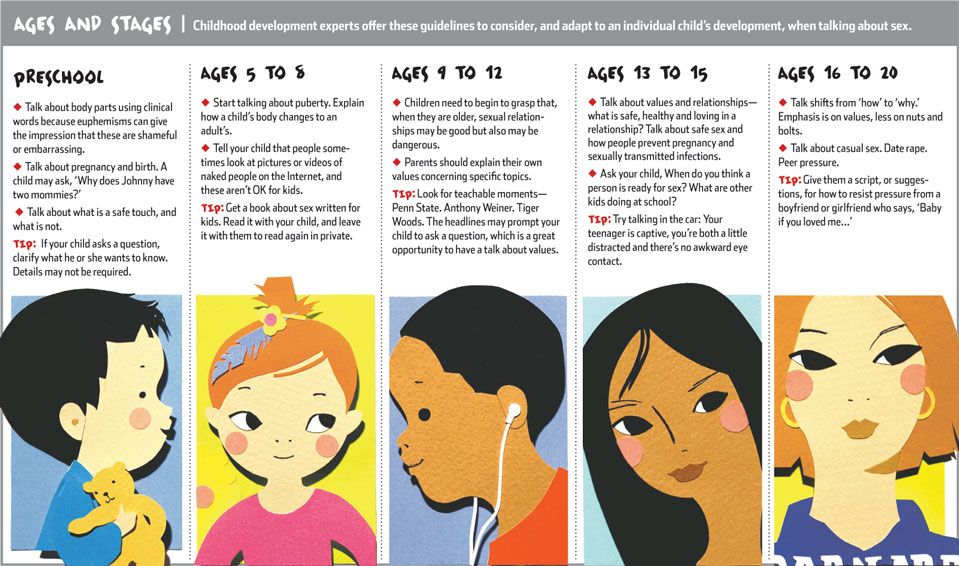 Maybe they are in jail. These are unfortunate people. Have pity on them. The child must know that he was not abandoned as something completely unnecessary. It’s just that life circumstances were such that real parents could not educate him. Idealizing their image is also not worth it. It is important to convince the child that the refusal of the biological parents has nothing to do with his personal qualities. This attitude helps to protect the child from mental and emotional trauma.
Maybe they are in jail. These are unfortunate people. Have pity on them. The child must know that he was not abandoned as something completely unnecessary. It’s just that life circumstances were such that real parents could not educate him. Idealizing their image is also not worth it. It is important to convince the child that the refusal of the biological parents has nothing to do with his personal qualities. This attitude helps to protect the child from mental and emotional trauma.
If the parents are not alive, try to help the child collect as much information about them as possible. Tell everything you know. Try to find distant relatives. Everyone needs to know about their past. Don't deprive your child of this.
How to have a conversation with a child
It is impossible to predict the reaction to a conversation about the true origin of a child.